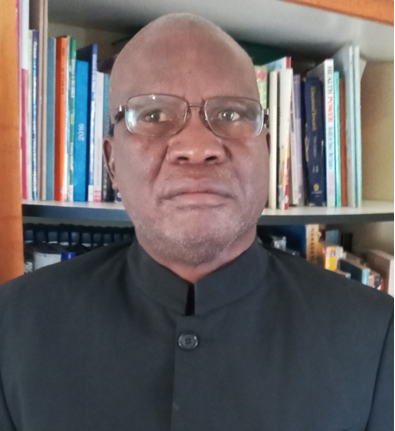Prof. Makala Lilemba
In recognition of the existence and the significant importance of human rights, the General Assembly of the United Nations on 10 December 1948 adopted and proclaimed the Universal Declaration of Human Rights. Important to note from academic freedom of expression perspective, in this declaration are Articles 18 and 19 which explicitly state that everyone has the right to freedom of thought, conscience and religion.
These articles further emphasise that everyone has the right to freedom of opinion and expression without interference and to seek, receive and impart information and ideas through any media regardless of frontiers. In a similar vein after independence, the Namibian architectures of the constitution inserted Article 21 which explicitly states that all persons have the right to freedom of speech and expression, which includes freedom of the press and other media and advocates for academic freedom in institutions of higher learning.
Unfortunately, many tertiary institutions in Africa have dismally failed the academic freedom of expression test many times at all levels. In Namibia and South Africa, the academic freedom of expression was seriously monitored and censored, and the culprits either ended up in prison or simply disappeared under mysterious circumstances. Even after the independence of many African countries, academic freedom of expression has been muzzled and the victims also ended being killed in the process. Therefore, academic freedom of expression has become a mockery in many tertiary institutions.
The highest office of tertiary institutions
The chancellors for most tertiary institutions are either heads of state or government appointees. Of course, the main objective of such appointments is to monitor the operations of such institutions in case they rebel against the power that be. The rectors or the vice-chancellors of tertiary institutions though they undergo such forms of façade interviews are usually forepicked by the authorities to serve the interests of the appointing authorities and not of the institution and the nation.
These groom their relatives and cronies, not on the basis of performance, but simply on patronage, hence the saying, scratch my back and I will scratch yours.In this process, academicians who are credible are either victimized or summarily dismissed under mysterious circumstances. This is ironic especially in Namibia where there is an outcry of the shortage of qualified manpower, yet these intellectuals are not put to good use. To try and fill up the gap, some institutions bring in non-nationals whom they exploit.
Middle management level
In fairly run tertiary institutions, positions of deans and deputy deans rotate on a two-year cycle after being voted in those positions by colleagues in the same faculty. This practice of academic freedom has died a deliberate and natural death many years ago. Academicians occupying these positions in many institutions are simply picked by the high office based on the criterion of puppeteering and clanship.
In a mock advertisement, one academician is made to compete against oneself, through a presentation, meaning the successful candidate ends up without any challenge, as there is no colleague to compete against. After being given the position on a platter, the academician is of course expected to dance to the wrong tune of the high office.
Academic staff themselves
In many institutions, they are expected to be docile and should not open their mouths and criticize even if their views carry weight. They should maintain what Chinua Achebe maintains as, “Yes Mannerism” mentality to every discourse. The leadership of the workers’ union in these institutions are toothless and become afraid to bite the finger that feeds them.
Students
At many institutions, students are stereotyped and lectured on what subjects to research. It is impossible to come across a research paper conducted by a university student on the Fishrot scandal. In addition, no student will dare explore the awaited Diamondrot scandal, which Aljazeera may air in the near future. For Lubango dungeons and the number of victims buried there remains a mystery forever in the Namibian liberation annals. The merger between Swapo and CANU will be forever be buried if it is not stored in the Zambian Archives in Lusaka. These events could be researched if there was genuine academic freedom of expression in our country. There are issues which students at the tertiary institutions could have researched and made the findings available to the nation, but it becomes very difficult to do so in a situation where academic freedom is limited and only allowed in certain areas.
The findings could assist African developing countries in many aspects. The current stalemate in developing a vaccine for Covid-19 could have been found if tertiary institutions have been given more academic freedom in the past.
It is academic freedom of expression which brought the world where it is today through critical constructive thinking. The great thinkers like Socrates with his ever-questioning of the amount of knowledge people had, Martin Luther for challenging the Roman Catholic Church, Newton for his gravity theory, Dewey for his pragmatic discourse and Nyerere for his education for self-reliance to mention just a few, contributed to education through critical thinking.
The selective academic freedom of expression in tertiary institutions may lead to a situation where constructive thinking may be seen as unusual.
In many ways, these tertiary institutions act in a fashion in which they seem not to be answerable to anyone, as the line ministries seem to be mute and play the game of the ostrich. Namibian tertiary institutions that went through such a muzzling of academic freedom of expression should be doing better in this area, otherwise, academicians feel more oppressed than before independence.


